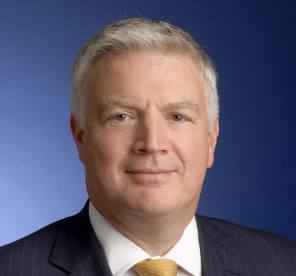

Pension incomes have fallen despite the greater flexibility introduced four years ago by the pension freedoms, according to Just Group.
The provider pointed to the latest Pensioners’ Income Series from the Office for National Statistics, out on March 28, which showed that overall incomes for pensioners were flat in 2017/18, while private pension income has fallen.
According to the data, gross income from private pension sources, such as workplace or personal pensions, more than doubled in the two decades to 2014/15.
However, the 2017/18 figures showed that income from occupational pensions was down £12 from the £160 a week in 2016/17, at £148, making it the lowest for four years. Income from personal pensions was £19, the lowest for six years and down from £23 in the previous year.
Stephen Lowe, group communications director at Just Group, said: "When George Osborne unveiled his pension ‘freedom’ plans in the 2014 Budget, he didn’t make any promises about it giving people more money.
"I think most people understand from their own banking that in order to have easy access to cash you may need to compromise with lower returns. And the same applies to pension savings.
"Over time, I’m sure there will be clear winners and losers from the reforms but these figures don’t show that the average pensioner is winning – greater pension freedom is not equating to greater pension income."
Mr Lowe said he supports the pension reforms as they allow pension savers to better tailor their finances to their own aspirations.
"We can all think of examples where the extra flexibility gives options that suit some people, such as gifting money to children, taking the holiday of a lifetime, starting a business or renovating a home," he said.
However, he added: "Pensions are primarily designed to provide income in retirement and money taken early will not be available later.
"While that may be obvious, there are some less obvious knock-on effects from withdrawing money early – savers may well find they are not able to continue to save as much as they want or need until they fully retire as they become subject to stricter tax rules.
"Our view is that true pension freedom comes when you have enough income secured to pay for the retirement you want –only then are you free to spend, invest or give away the rest."
Patrick Connolly, chartered financial planner at Chase de Vere, said: "Pension freedoms can provide great financial planning opportunities and it could be that people are taking advantage of this by taking more income from non-pension sources or only taking the amount of income they need, whereas with an annuity people typically take the maximum level of income that is available.
"However, there are big concerns that many people, who aren’t taking independent financial advice, are making the wrong choices and this could affect the amount of income they are withdrawing."



